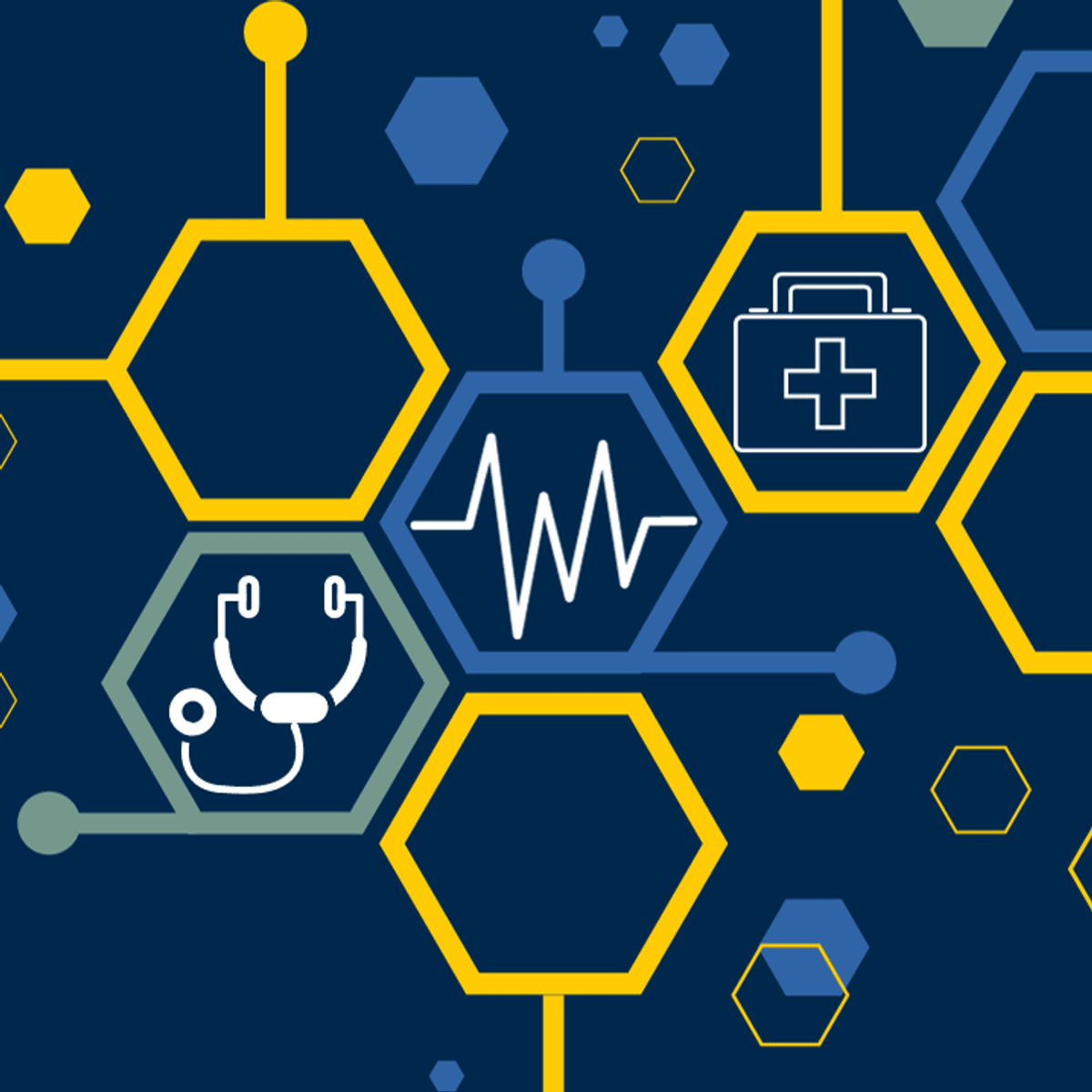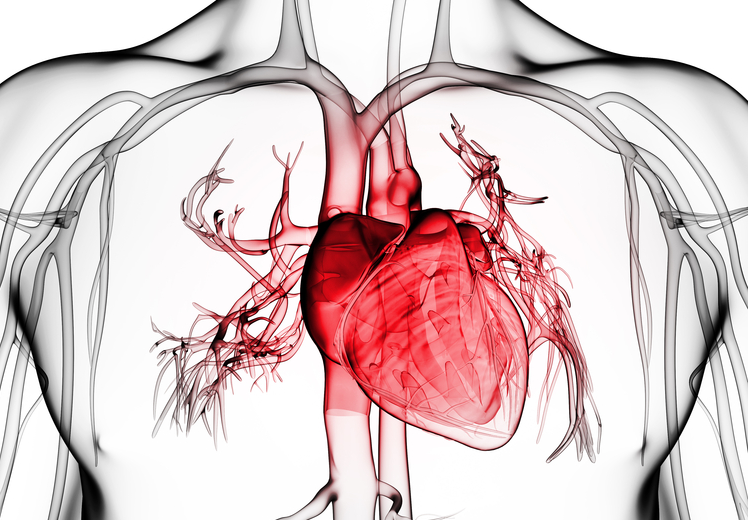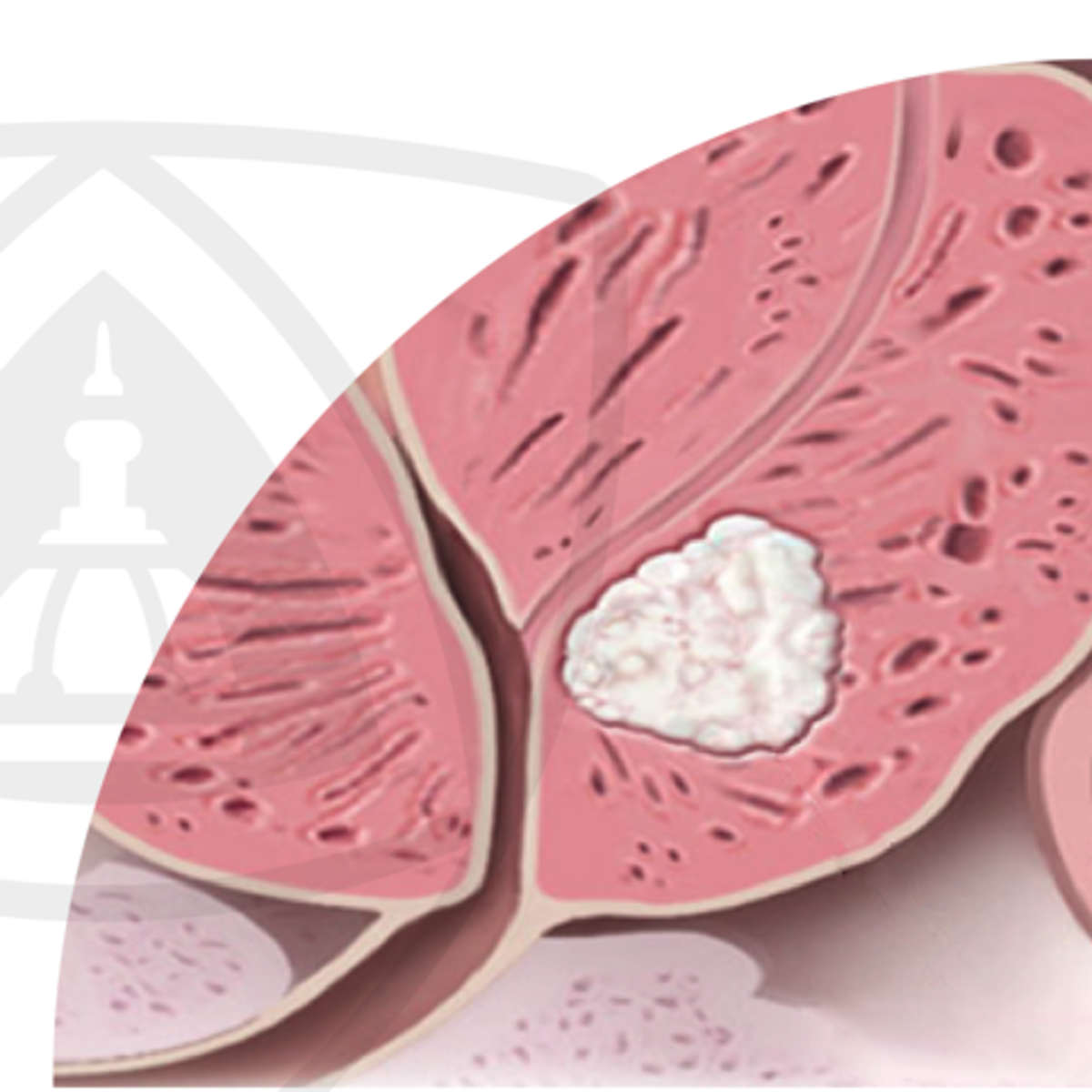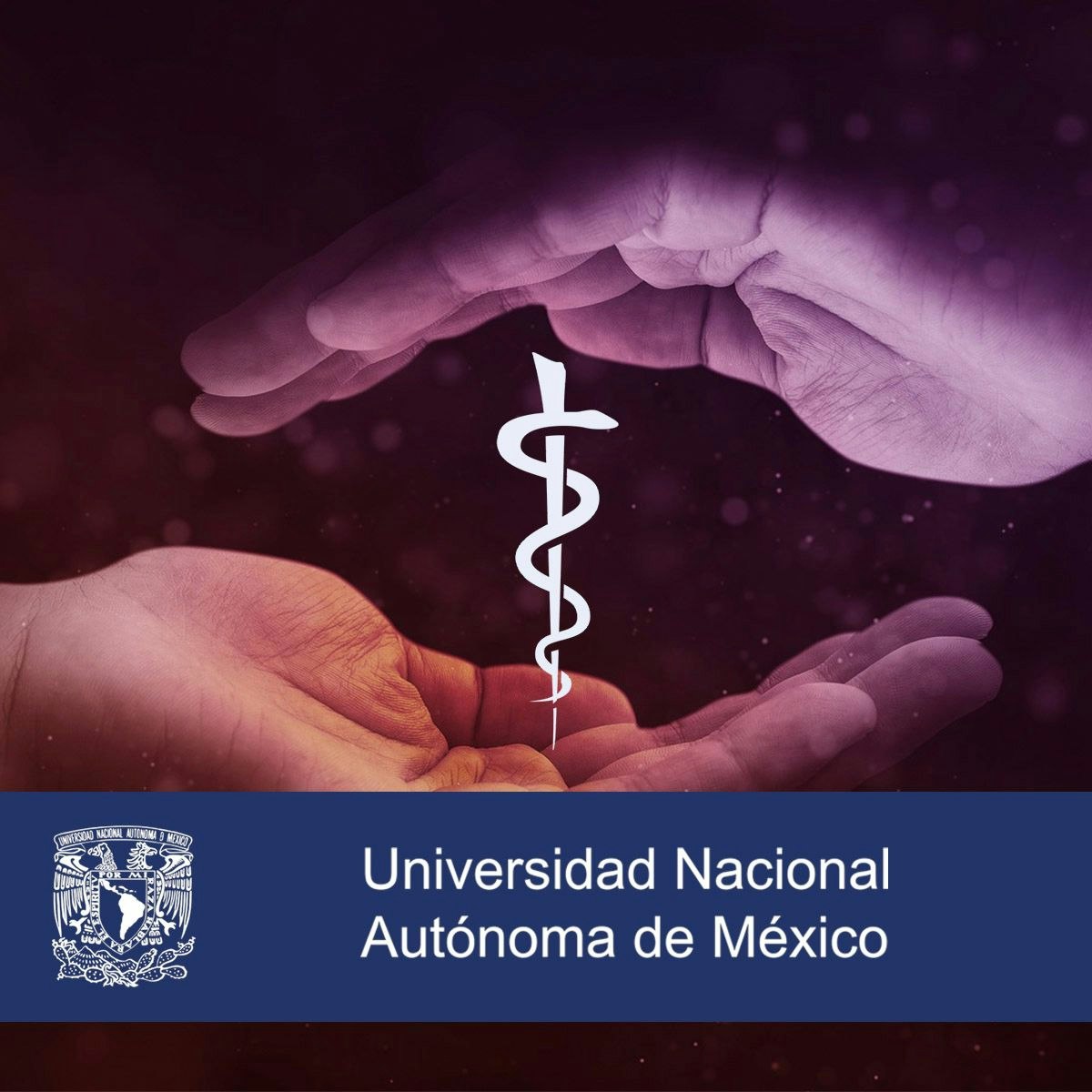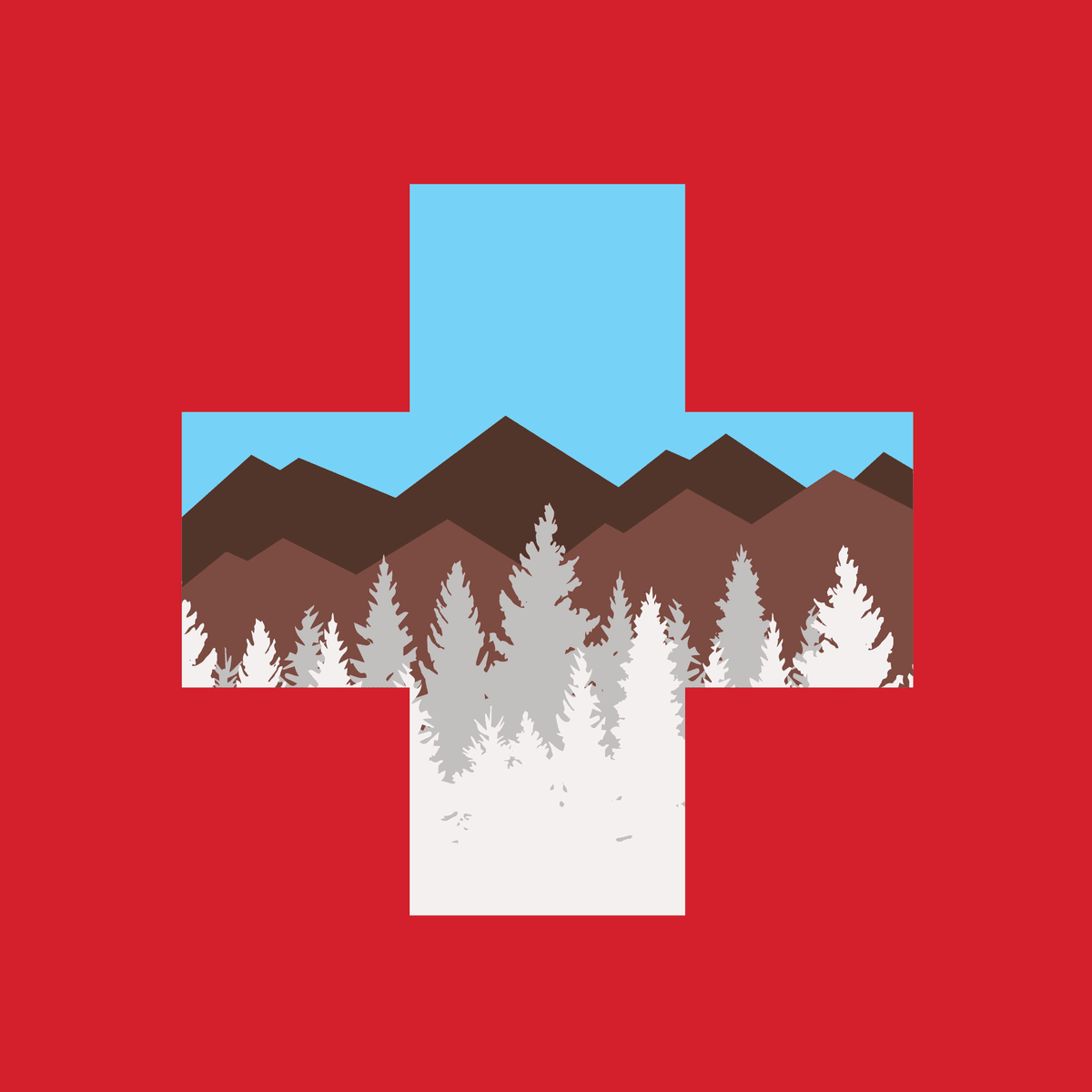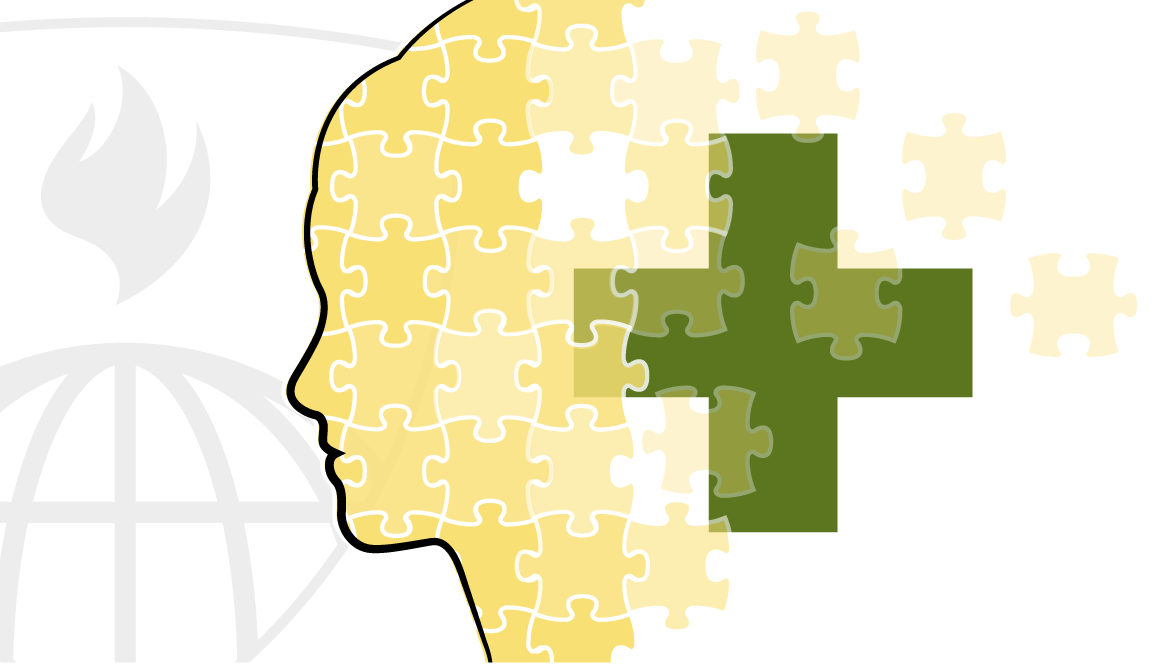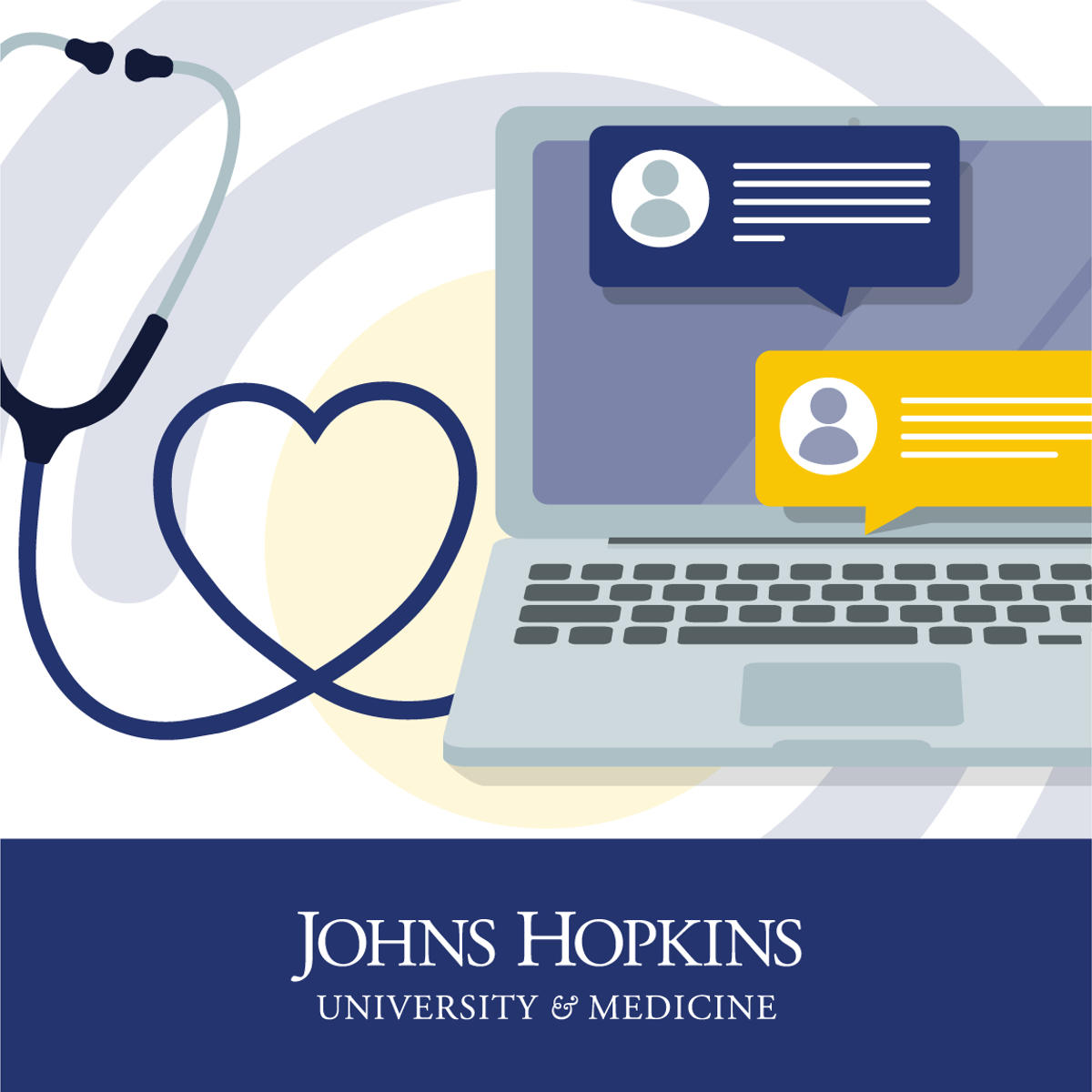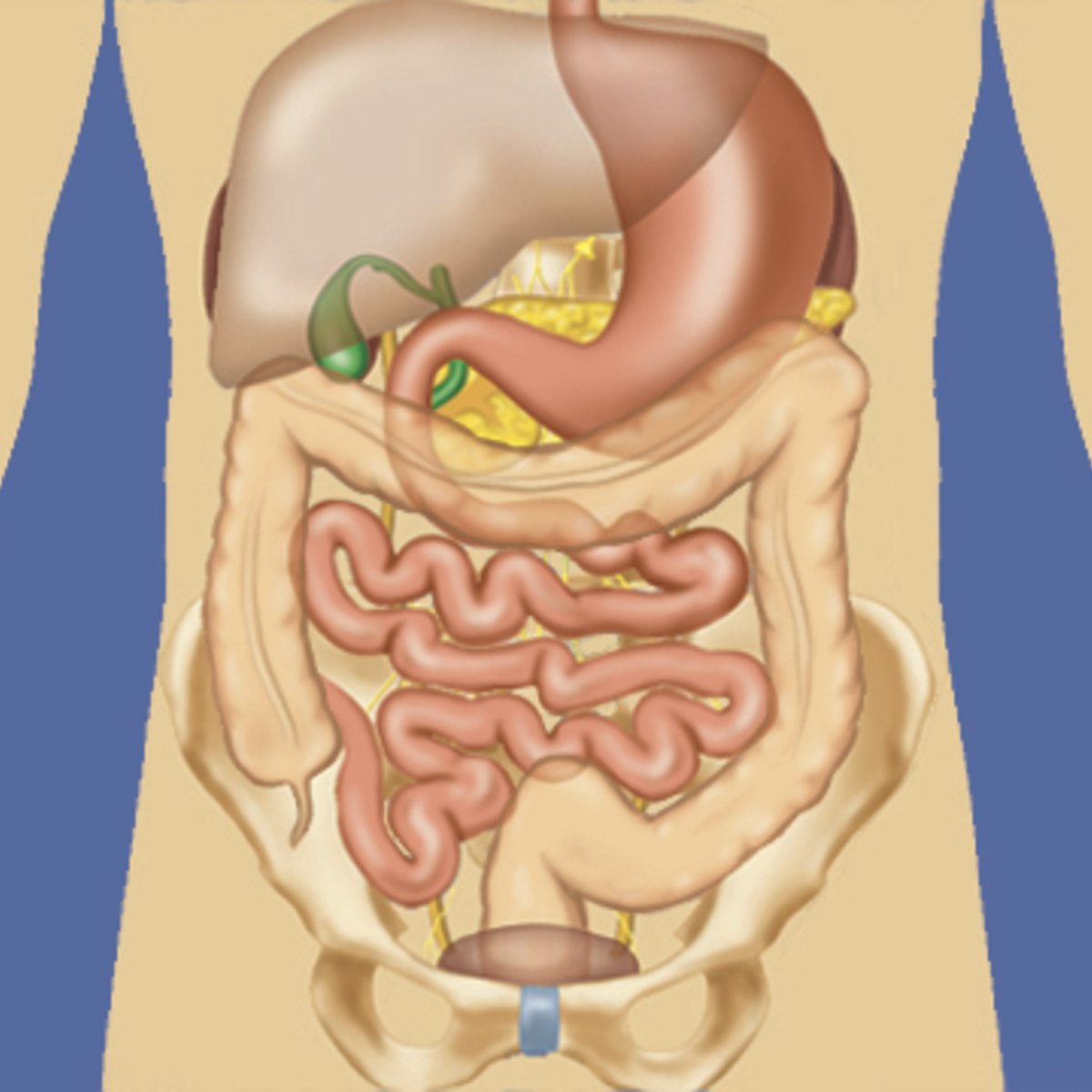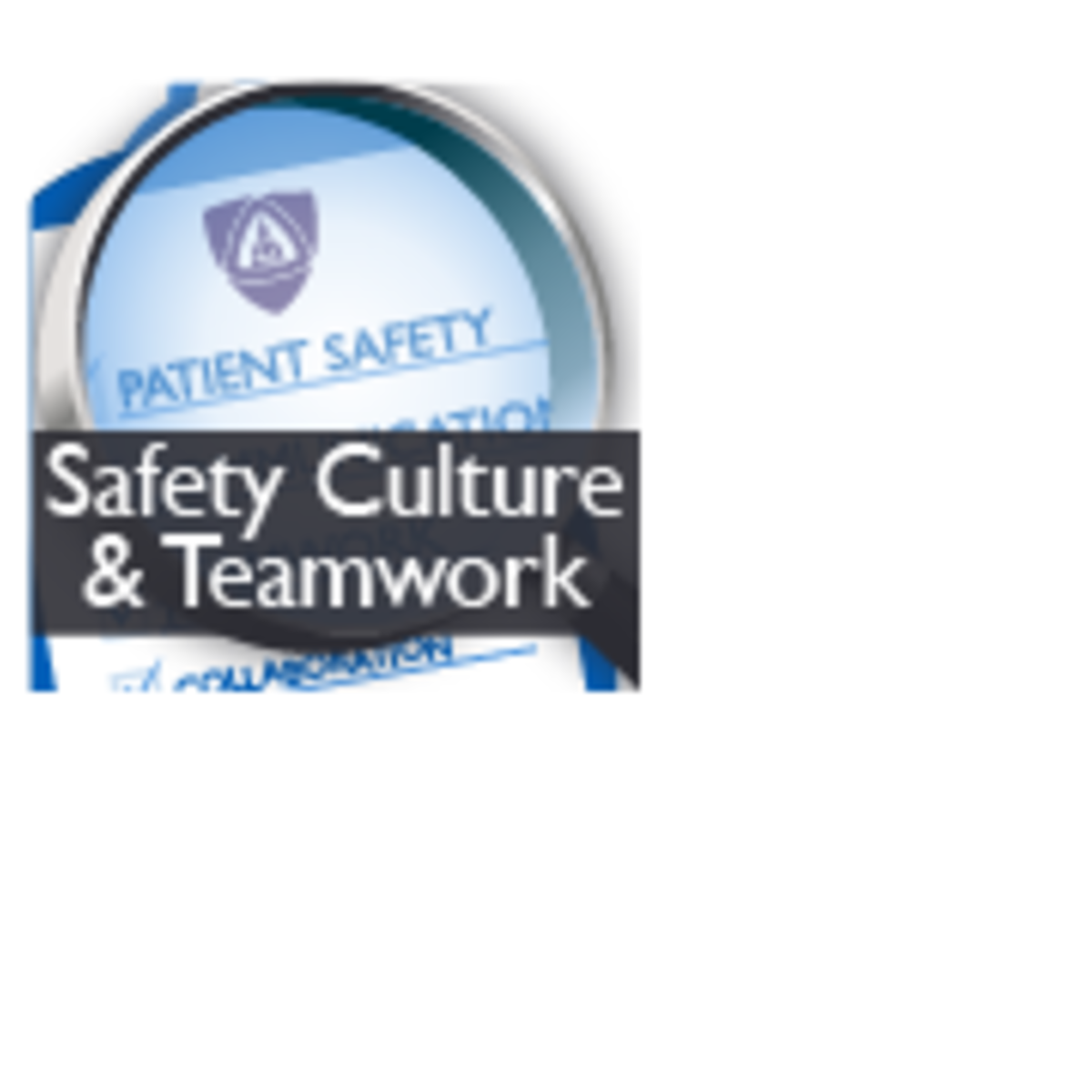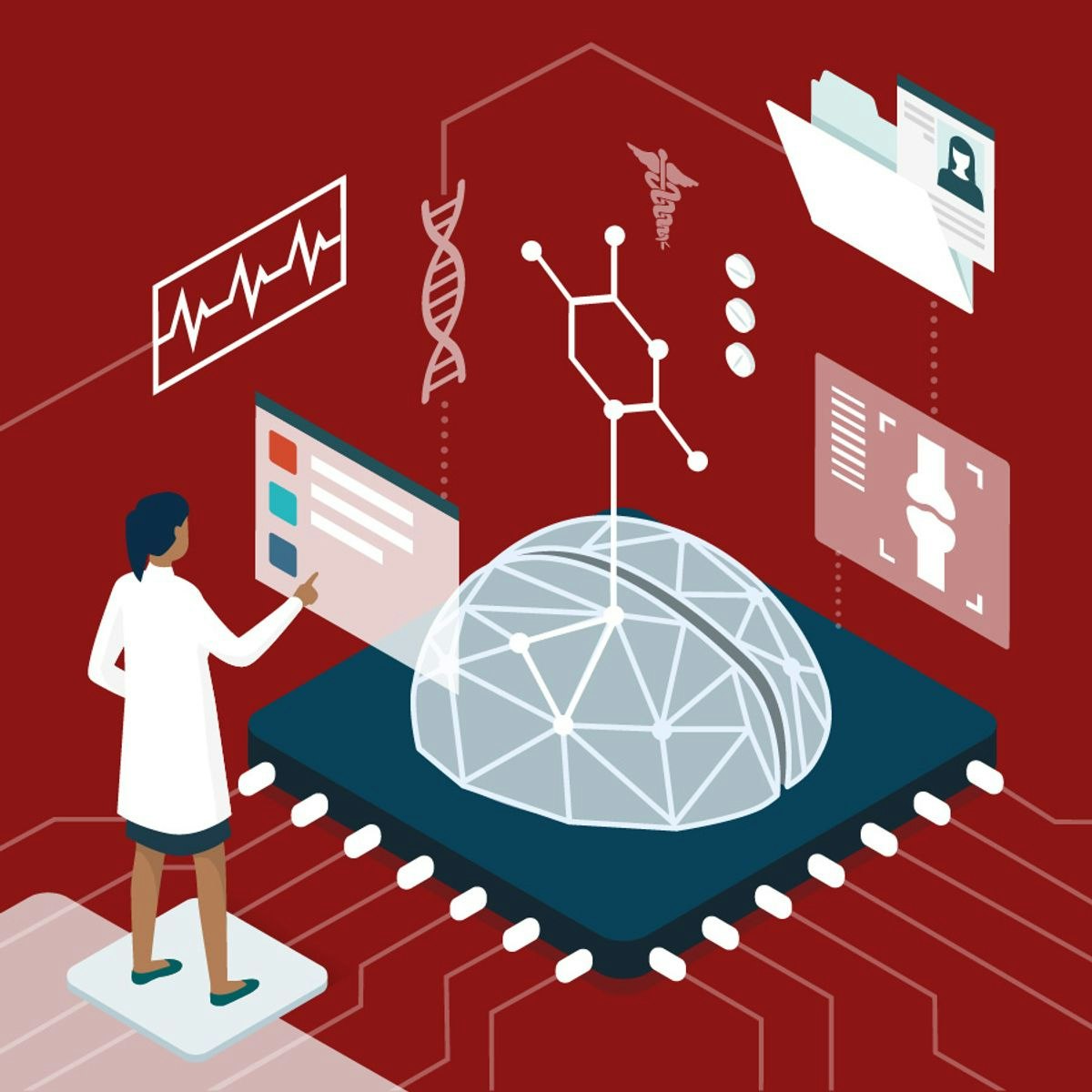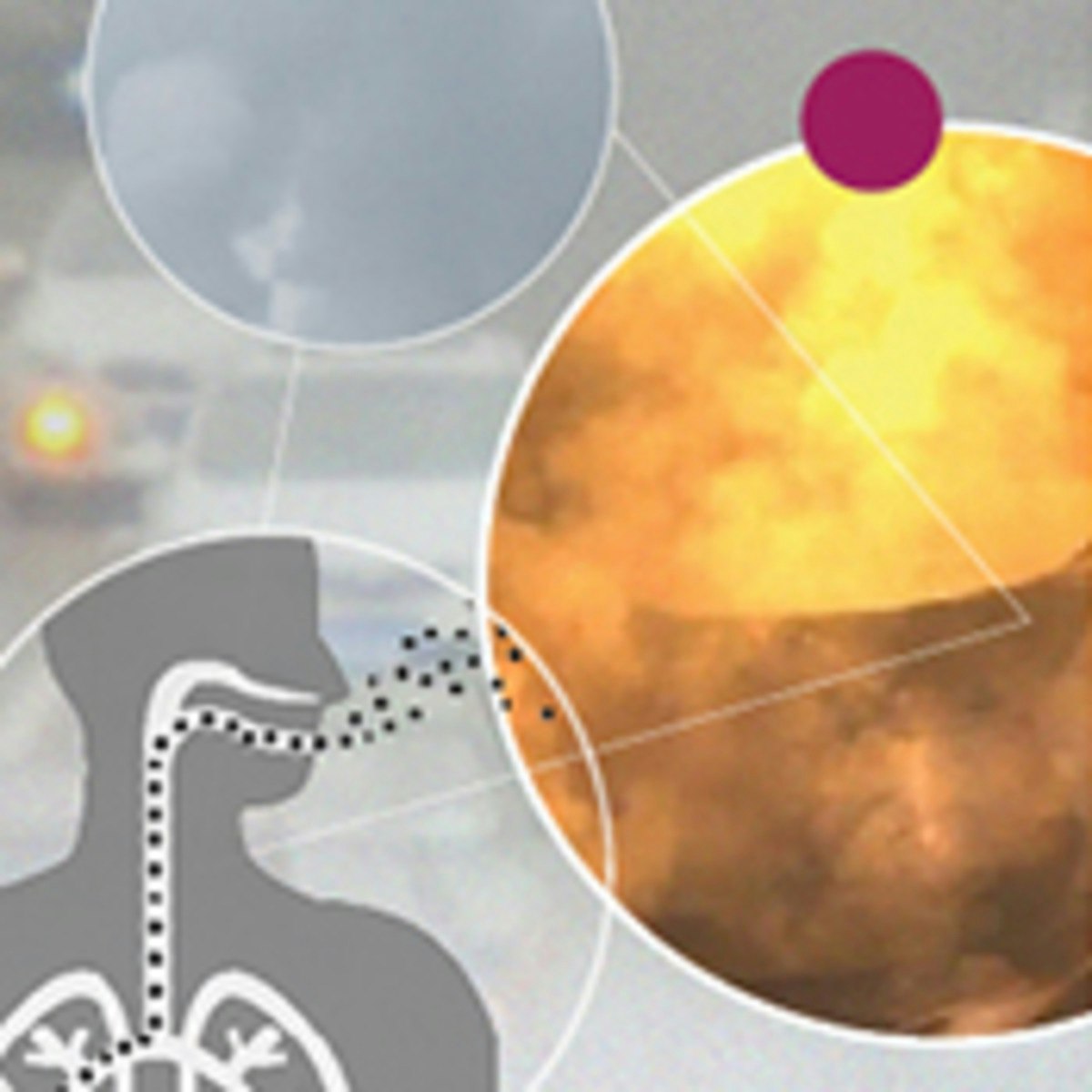Nurse
Nurse
Nursing is a vital profession within the healthcare sector focused on the care of individuals, families, and communities so they may attain, maintain, or recover optimal health and quality of life. Nurses are distinct from other healthcare providers as they bring a unique approach to patient care, training, and practice scope. They practice in diverse settings, offering varying levels of prescription authority and performing a wide range of direct patient care and supportive functions.
Working as a nurse can be profoundly rewarding, offering the chance to make a tangible difference in people's lives during times of vulnerability. The field provides immense variety, from fast-paced emergency rooms to community health settings, and involves continuous learning to keep up with medical advancements. It's a career path known for its stability, diverse specialization options, and opportunities for growth and leadership.
Roles and Responsibilities of a Nurse
Understanding the day-to-day realities of nursing is key to determining if this path is right for you. The specific duties can vary significantly based on the setting, specialization, and level of licensure.
A Glimpse into Daily Nursing Work
In a clinical setting, such as a hospital or clinic, a nurse's day often involves direct patient care. This includes assessing patients' conditions, administering medications, monitoring vital signs, performing procedures like wound care or IV insertion, and educating patients and families about health management. Documenting care accurately in Electronic Health Records (EHR) is also a critical daily task.
Nurses collaborate closely with physicians, therapists, social workers, and other healthcare professionals to develop and implement patient care plans. They act as patient advocates, ensuring patient needs and concerns are addressed. Communication, critical thinking, and quick decision-making are constantly in play.
Non-clinical roles, perhaps in administration, research, education, or public health, involve different responsibilities. These might include managing nursing staff, developing health policies, conducting research studies, teaching future nurses, or implementing community health programs. While direct patient interaction might be less frequent, these roles are essential to the broader healthcare system.
These courses provide insight into core nursing skills and the understanding of human physiology essential for daily practice.
Diverse Nursing Specializations
Nursing offers a vast array of specializations, allowing individuals to focus on areas that match their interests and skills. Pediatric nurses care for children, while geriatric nurses specialize in the elderly. Critical Care (ICU) nurses manage patients with life-threatening conditions, requiring advanced assessment and intervention skills.
Oncology nurses work with cancer patients, providing chemotherapy, managing side effects, and offering emotional support. Psychiatric nurses care for individuals with mental health disorders. Other specializations include emergency nursing, surgical nursing, obstetrics, community health, and many more.
Each specialty demands specific knowledge and competencies, often requiring additional certifications beyond initial licensure. Exploring different areas through clinical rotations during education or seeking exposure in entry-level roles can help aspiring nurses find their niche.
These resources delve into specific patient populations and conditions nurses may encounter in specialized roles.
Collaboration within Healthcare Teams
Nursing is inherently collaborative. Nurses are central figures in the healthcare team, coordinating care and communicating vital information among different providers. They work alongside physicians to execute treatment plans, update them on patient progress, and suggest adjustments based on their assessments.
Collaboration extends to pharmacists regarding medication management, physical and occupational therapists for rehabilitation plans, and social workers for discharge planning and resource connection. Effective teamwork relies on clear communication, mutual respect, and a shared focus on patient well-being.
Nurses often lead aspects of team care, particularly in coordinating daily activities and ensuring continuity. Strong interpersonal skills and the ability to work effectively within diverse teams are crucial for success in any nursing role.
Ethical Obligations and Decision-Making
Nurses face complex ethical situations regularly. They are bound by a professional code of ethics emphasizing principles like autonomy (respecting patient choices), beneficence (acting for the patient's good), non-maleficence (avoiding harm), and justice (fairness in care).
Ethical decision-making involves navigating dilemmas such as end-of-life care, resource allocation, patient confidentiality (like adhering to HIPAA regulations), and informed consent. Nurses must advocate for their patients' rights and wishes, even when conflicting with family desires or institutional policies.
Developing strong ethical reasoning skills is part of nursing education and continues throughout a nurse's career. Seeking guidance from ethics committees, experienced colleagues, and continuing education resources helps nurses navigate these challenging aspects of the profession responsibly and compassionately.
These courses explore ethical considerations and the importance of empathy in healthcare interactions.
Formal Education Pathways to Becoming a Nurse
Embarking on a nursing career requires formal education and licensure. Several pathways exist, each with different time commitments, costs, and resulting scopes of practice. Understanding these options is crucial for planning your journey.
Comparing Nursing Degrees: Diploma, ADN, and BSN
Historically, diploma programs based in hospitals were common, but they are less prevalent today. The two main entry points now are the Associate Degree in Nursing (ADN) and the Bachelor of Science in Nursing (BSN). An ADN typically takes 2-3 years and prepares graduates for the RN licensure exam, focusing heavily on clinical skills.
A BSN usually takes 4 years and provides a broader education, including topics like public health, leadership, research, and more in-depth science coursework. While both ADN and BSN graduates take the same RN licensure exam (NCLEX-RN), many healthcare institutions prefer or require a BSN for hiring and advancement, particularly in leadership or specialized roles. Some evidence suggests BSN preparation is linked to better patient outcomes.
Licensed Practical Nurse (LPN) or Licensed Vocational Nurse (LVN) programs are shorter, typically 1 year, preparing graduates for the NCLEX-PN. LPNs/LVNs work under the supervision of RNs or physicians, with a more limited scope of practice focused on basic care.
Licensing Exams and State Requirements
After graduating from an approved nursing program (LPN/LVN, ADN, or BSN), aspiring nurses must pass the National Council Licensure Examination (NCLEX). There are separate exams for practical nurses (NCLEX-PN) and registered nurses (NCLEX-RN). Passing this exam demonstrates the minimum competency required for safe entry-level practice.
Licensure is granted by individual state boards of nursing. Each state has specific requirements regarding education, background checks, and application procedures. It's essential to research the requirements of the state where you intend to practice early in your educational planning. The National Council of State Boards of Nursing (NCSBN) website is a valuable resource for finding state-specific information.
Maintaining licensure typically requires ongoing continuing education units (CEUs) to ensure nurses stay current with best practices and advancements in the field. Requirements for CEUs vary by state.
The Role of Clinical Rotations
Clinical rotations are a cornerstone of nursing education. These supervised experiences allow students to apply theoretical knowledge in real-world healthcare settings. Students rotate through various departments and specialties, such as medical-surgical units, pediatrics, obstetrics, psychiatric care, and community health.
During rotations, students practice essential nursing skills, learn to interact with patients and families, collaborate with healthcare teams, and develop clinical judgment under the guidance of experienced nurses and faculty instructors. This hands-on learning is invaluable for building confidence and competence.
The quality and variety of clinical experiences can significantly impact a student's readiness for practice. Prospective students should inquire about the clinical placement sites and opportunities offered by different nursing programs.
Pursuing Graduate Nursing Education
For RNs seeking career advancement, specialization, or roles beyond direct bedside care, graduate education offers several pathways. A Master of Science in Nursing (MSN) is often required for roles like Nurse Practitioner (NP), Clinical Nurse Specialist (CNS), Certified Nurse-Midwife (CNM), Certified Registered Nurse Anesthetist (CRNA), nurse educator, or nurse administrator.
The Doctor of Nursing Practice (DNP) is a practice-focused doctorate, preparing nurses for leadership roles in clinical practice, administration, and health policy. It emphasizes translating research into practice to improve patient outcomes and healthcare systems.
A Doctor of Philosophy (PhD) in Nursing is a research-focused doctorate, preparing nurses for careers as independent researchers and scholars, contributing to the scientific foundation of nursing practice. These advanced degrees open doors to highly specialized and influential roles within healthcare.
Online Education for Aspiring and Practicing Nurses
The landscape of education is evolving, and nursing is no exception. Online learning offers flexibility for those balancing studies with work or family commitments. However, the hands-on nature of nursing necessitates careful consideration of how online formats fit into the educational journey.
Hybrid Programs and Clinical Requirements
While fully online programs for initial RN licensure are rare due to the need for hands-on clinical training, many reputable hybrid programs exist. These combine online coursework for theoretical knowledge with required in-person labs and supervised clinical rotations at healthcare facilities. RN-to-BSN and many MSN or DNP programs are commonly offered online or in hybrid formats, catering to working nurses seeking advancement.
Accreditation is crucial when choosing any nursing program, especially online ones. Ensure the program is accredited by recognized bodies like the Commission on Collegiate Nursing Education (CCNE) or the Accreditation Commission for Education in Nursing (ACEN). Accreditation signifies that the program meets rigorous quality standards.
Online platforms can supplement traditional learning by offering flexible access to lectures, readings, and assignments. OpenCourser allows you to explore numerous health and medicine courses that can support your foundational knowledge or specialized interests.
Online Certifications and Continuing Education
Online courses are widely used for obtaining specialized certifications and fulfilling continuing education (CE) requirements necessary for license renewal. Many certifications, such as Advanced Cardiovascular Life Support (ACLS), Pediatric Advanced Life Support (PALS), or basic EKG interpretation, offer online modules for the didactic portion, sometimes followed by an in-person skills check.
Numerous online platforms provide CEU courses on a vast range of topics, allowing nurses to stay current in their field, learn new skills, or explore different specialties conveniently. This accessibility helps nurses maintain competence and adapt to the ever-changing healthcare environment.
Micro-credentials or specialized certificates in areas like telehealth, nursing informatics, or case management can often be pursued partly or fully online, offering pathways to niche roles.
Consider these courses for specialized knowledge relevant to certifications or advanced practice.
Building Foundational Knowledge Online
For those considering a nursing career or needing prerequisites, online courses can be an excellent way to build foundational knowledge in subjects like Anatomy, Physiology, Microbiology, Chemistry, and Medical Terminology. Many universities and platforms offer these courses flexibly.
Self-paced modules allow learners to master complex subjects at their own speed before entering a formal nursing program. This preparation can significantly ease the transition into the demanding nursing curriculum. Resources like OpenCourser can help you find introductory courses in biological sciences and medical language.
Even practicing nurses can benefit from revisiting foundational concepts online to refresh their knowledge or better understand the pathophysiology behind patient conditions they encounter.
These courses cover fundamental biological and medical concepts crucial for nursing.
Supplementing Skills with Online Learning
Beyond foundational knowledge and certifications, online resources can help nurses develop specific technical and soft skills. Courses on using specific Electronic Health Record (EHR) systems, data analysis for quality improvement, or mastering telehealth platforms can enhance job performance and marketability.
Online learning can also bolster essential soft skills. Courses focusing on communication, empathy, conflict resolution, cultural competency, and leadership are readily available and can significantly impact patient interactions and team dynamics.
Utilizing online platforms allows nurses to tailor their learning to specific career goals or areas needing improvement, fostering continuous professional development throughout their careers. For budget-conscious learners, exploring options on the OpenCourser deals page might reveal valuable opportunities.
Career Progression in Nursing
Nursing is not just a job; it's a career with numerous avenues for growth and advancement. From entry-level positions to highly specialized and leadership roles, the nursing profession offers a dynamic trajectory for those committed to lifelong learning and development.
From Entry-Level to Registered Nurse
Many begin their healthcare journey as a Certified Nursing Assistant (CNA) or Patient Care Technician (PCT), providing basic patient care under supervision. This offers valuable exposure to the healthcare environment. The next step might be becoming a Licensed Practical/Vocational Nurse (LPN/LVN), involving more responsibilities like medication administration and monitoring.
The Registered Nurse (RN) role, achieved via an ADN or BSN and passing the NCLEX-RN, significantly expands scope of practice, including comprehensive patient assessment, care planning, and complex interventions. RNs often supervise LPNs and CNAs.
Many RNs with an ADN later pursue an RN-to-BSN program, often online, to enhance their knowledge base and open doors to broader opportunities, reflecting a growing industry preference for bachelor's-prepared nurses.
Advancing into Leadership Roles
Experienced RNs can move into leadership positions. A Charge Nurse typically oversees a specific unit during a shift, coordinating patient assignments and workflow. Nurse Managers handle administrative responsibilities for a unit, including staffing, budgeting, and quality improvement initiatives.
Higher-level leadership roles include Director of Nursing or Chief Nursing Officer (CNO), who oversee nursing services across an entire facility or health system. These roles often require a graduate degree (MSN or DNP) and extensive clinical and administrative experience.
Leadership in nursing involves not just managing resources but also mentoring staff, fostering a positive work environment, advocating for nursing standards, and driving improvements in patient care quality and safety.
These courses touch upon leadership and safety culture, relevant for those aspiring to management roles.
Transitioning to Advanced Practice Nursing
Advanced Practice Registered Nurses (APRNs) hold graduate degrees and have significantly expanded scopes of practice. Nurse Practitioners (NPs) provide primary or specialty care, diagnose illnesses, prescribe medications (with varying state regulations), and manage patient health. They often function similarly to physicians in certain settings.
Certified Registered Nurse Anesthetists (CRNAs) administer anesthesia during surgical and other medical procedures. Clinical Nurse Specialists (CNSs) provide expertise in a specific area of nursing practice, often working as consultants, educators, or researchers within healthcare systems. Certified Nurse-Midwives (CNMs) provide comprehensive care to women, including prenatal, labor/delivery, and postpartum care.
Becoming an APRN requires rigorous graduate education, national certification in a specialty area, and state licensure. These roles offer greater autonomy, higher earning potential, and the ability to provide complex care.
Exploring Non-Clinical Nursing Opportunities
A nursing background opens doors to numerous roles outside of direct patient care. Nurse Educators teach in academic institutions or provide staff development in hospitals. Nurse Researchers conduct studies to advance nursing science and improve practice.
Nurse Informaticists bridge nursing, computer science, and information science to manage and communicate health data, often involved in EHR implementation and optimization. Forensic Nurses apply nursing knowledge to legal proceedings, caring for victims of violence or assisting in investigations.
Other paths include healthcare administration, health policy advising, medical writing, pharmaceutical sales, legal nurse consulting, and case management. These roles leverage clinical knowledge in diverse settings, offering alternatives for nurses seeking different work environments or career focuses.
Consider exploring topics related to these alternative paths.
Essential Skills for Success in Nursing
Thriving as a nurse requires a blend of technical proficiency, critical thinking, interpersonal abilities, and personal resilience. Mastering these skills is crucial for providing safe, effective, and compassionate care.
Mastering Clinical Competencies
Core clinical skills form the foundation of nursing practice. These include accurately assessing patients (taking vital signs, performing physical exams), administering medications safely, inserting and managing intravenous (IV) lines, providing wound care, and operating medical equipment. Proficiency in techniques like catheterization or tracheostomy care may be required depending on the setting.
Accurate and timely documentation in Electronic Health Records (EHR) is non-negotiable. Nurses must clearly record assessments, interventions, and patient responses, ensuring continuity of care and meeting legal and regulatory standards.
Continuous learning is vital to maintain and update clinical skills as procedures, technologies, and best practices evolve throughout a nurse's career.
These courses focus on practical skills and understanding bodily functions, while the books cover broader medical knowledge.
Developing Critical Thinking and Crisis Management
Nurses constantly use critical thinking to analyze patient situations, identify potential problems, prioritize care, and make sound clinical judgments. This involves interpreting complex data, evaluating evidence, and adapting care plans as conditions change.
The ability to remain calm and act decisively during emergencies is essential. Nurses must be prepared to manage crises such as cardiac arrest, respiratory distress, or sudden changes in patient status. This requires strong assessment skills, knowledge of emergency protocols (like CPR and ACLS), and effective team communication under pressure.
Problem-solving skills are used daily, whether troubleshooting equipment malfunctions, addressing patient concerns, or navigating challenging family dynamics. The ability to think on one's feet is a hallmark of an effective nurse.
Courses focusing on reasoning, problem-solving, and managing challenging situations can be beneficial.
Cultivating Communication and Cultural Competency
Excellent communication skills are paramount. Nurses must effectively communicate with patients (explaining conditions and treatments clearly), families (providing support and education), and colleagues (ensuring seamless care coordination). Active listening and therapeutic communication techniques build trust and rapport.
Empathy – understanding and sharing the feelings of another – allows nurses to connect with patients on a human level, providing comfort and fostering a healing environment. This involves recognizing non-verbal cues and responding sensitively to emotional needs.
Cultural competency is vital in diverse societies. Nurses must understand and respect patients' cultural beliefs, values, and practices related to health and illness. Providing culturally sensitive care improves patient satisfaction and adherence to treatment plans.
These courses enhance interpersonal skills crucial for patient interaction and understanding diverse populations.
Embracing Resilience and Technological Adaptability
Nursing can be emotionally and physically demanding. Building personal resilience helps nurses cope with stress, manage challenging situations, and prevent burnout. Strategies include mindfulness, self-care practices, seeking support from colleagues, and maintaining work-life balance.
Technology plays an increasing role in healthcare. Nurses must be adaptable and proficient in using various technologies, including EHR systems, medication dispensing machines, patient monitoring devices, and telehealth platforms for remote patient care.
A willingness to learn and adapt to new technologies and changing workflows is essential for navigating the modern healthcare landscape and leveraging tools that can enhance patient care and efficiency.
These resources address stress management, resilience, and adapting to change.
Work Environments and Specialized Settings
Nurses practice in a wide variety of settings beyond the traditional hospital bedside. Understanding the different environments can help you envision where your nursing career might take you.
Hospitals and Outpatient Clinics
Hospitals remain the largest employers of nurses. Within hospitals, nurses work in diverse units like emergency departments, intensive care units (ICUs), operating rooms, medical-surgical floors, labor and delivery, pediatrics, and oncology wards. The pace and focus vary dramatically between units.
Outpatient clinics, including physician offices, community health centers, and urgent care facilities, offer another common setting. Here, nurses focus on scheduled appointments, health screenings, vaccinations, patient education, and managing chronic conditions. The work schedule is often more predictable than in hospitals.
Both settings require strong clinical skills, but the emphasis might shift – hospital nursing often involves acute, complex care, while clinic nursing may focus more on preventative care and long-term health management.
School and Occupational Health Nursing
School nurses work in educational settings, providing healthcare to students. Their responsibilities include managing chronic conditions like asthma and diabetes, administering medications, responding to emergencies, conducting health screenings, and promoting health education among students and staff.
Occupational health nurses work in corporate or industrial settings. They focus on employee health and safety, conducting pre-employment screenings, managing work-related injuries and illnesses, implementing wellness programs, and ensuring compliance with workplace safety regulations.
These roles often offer more autonomy and regular hours compared to hospital settings, focusing on specific populations and preventative health within unique environments.
International and Humanitarian Opportunities
Nurses seeking global experiences can find opportunities abroad. Organizations like Médecins Sans Frontières (Doctors Without Borders) and various NGOs employ nurses for humanitarian missions in resource-limited settings, responding to disasters, epidemics, or ongoing health crises.
Working internationally requires adaptability, cultural sensitivity, and often, specialized skills relevant to global health challenges like infectious diseases or malnutrition. These roles can be incredibly impactful but also demanding, often involving work in challenging conditions.
Researching organizations specializing in global health and understanding the specific requirements and preparation needed is crucial for pursuing these unique nursing pathways.
These resources touch upon global health issues and the complexities of care in diverse settings.
Nursing in the Military
Serving as a nurse in the military offers another distinct career path. Nurses in the Army, Navy, Air Force, or Public Health Service Commissioned Corps provide care to active-duty personnel, veterans, and their families in various settings, from military hospitals and clinics to field assignments and deployments.
Military nursing often provides opportunities for advanced training, leadership development, and travel. It requires meeting specific physical and eligibility requirements and committing to military service. Nurses may specialize in areas like trauma care, flight nursing, or public health within the military context.
This path combines nursing skills with the structure and mission of military service, offering unique challenges and rewards.
Challenges in Modern Nursing
While nursing offers immense rewards, it's important to acknowledge the significant challenges faced by the profession today. Understanding these realities provides a balanced perspective for those considering this career.
Staffing Shortages and Workload
Persistent staffing shortages are a major challenge in many healthcare settings globally. According to the U.S. Bureau of Labor Statistics, demand for nurses remains strong, but retaining nurses is difficult. High nurse-to-patient ratios can increase workload, compromise patient safety, and contribute significantly to nurse stress and burnout.
The intensity of the workload, coupled with insufficient staffing, can make it difficult for nurses to provide the level of care they aspire to, leading to frustration and exhaustion. Healthcare organizations are continually seeking strategies to improve staffing and retention.
Advocacy for safe staffing levels is an ongoing effort within the nursing profession, recognizing its critical impact on both patient outcomes and nurse well-being.
Burnout, Moral Distress, and Emotional Toll
Nursing consistently ranks as a high-stress profession. Constant exposure to suffering, trauma, and death takes an emotional toll. Burnout, characterized by emotional exhaustion, depersonalization, and a reduced sense of personal accomplishment, is prevalent.
Moral distress occurs when nurses feel unable to act according to their ethical judgment due to institutional constraints or conflicting values. This can arise in situations involving end-of-life care, resource limitations, or perceived inadequate care.
Addressing burnout and moral distress requires individual coping strategies (like mindfulness and self-care) and systemic changes within healthcare organizations to foster supportive work environments, provide mental health resources, and empower nurses ethically.
These resources explore stress, burnout, and emotional well-being.
Physical Risks and Workplace Safety
Nursing involves physical demands, including long hours on foot, lifting and moving patients, and repetitive motions, which can lead to musculoskeletal injuries. Exposure to infectious diseases is an inherent risk, requiring strict adherence to infection control protocols.
Needlestick injuries and exposure to bloodborne pathogens remain concerns despite safety advancements. Furthermore, nurses face a risk of workplace violence, including verbal abuse and physical assault from patients or visitors, particularly in emergency departments and psychiatric settings.
Healthcare institutions implement safety protocols, provide personal protective equipment (PPE), and offer training on de-escalation techniques, but vigilance and awareness are crucial for mitigating these physical risks.
Regulatory Compliance and Administrative Burden
The healthcare industry is heavily regulated, and nurses must navigate complex compliance requirements related to documentation, patient privacy (HIPAA), safety protocols, and quality reporting. Staying current with evolving regulations adds another layer of responsibility.
Increasing administrative tasks, particularly extensive EHR documentation, can consume significant time, potentially detracting from direct patient care. While EHRs aim to improve care coordination, their implementation can sometimes feel burdensome to frontline clinicians.
Balancing high-quality patient care with demanding regulatory and administrative duties is an ongoing challenge that requires efficient workflow management and supportive institutional systems.
Future Trends Shaping Nursing
The nursing profession is constantly evolving, influenced by technological advancements, changing demographics, and shifts in healthcare policy. Staying aware of these trends is crucial for navigating the future of nursing.
Technology Integration: AI, Telehealth, and Robotics
Technology is transforming nursing practice. Artificial Intelligence (AI) is being explored for tasks like predicting patient deterioration, assisting with diagnostics, and optimizing staffing schedules. Telehealth platforms have expanded rapidly, enabling remote patient monitoring, virtual consultations, and broader access to care, requiring nurses to develop virtual assessment and communication skills.
Robotics may assist with tasks like lifting patients or delivering supplies, potentially easing physical strain. Nurses will need to be adept at using these new technologies, integrating them into workflows while maintaining the essential human element of care.
Adaptability and a commitment to lifelong learning will be key as technology continues to reshape how care is delivered. Familiarizing yourself with emerging technologies through resources like OpenCourser can be advantageous.
These courses touch on AI in healthcare and related technologies.
Expanding Roles for Advanced Practice Nurses
The scope of practice for Advanced Practice Registered Nurses (APRNs), particularly Nurse Practitioners (NPs), is expanding in many regions. Driven by physician shortages and the need for increased access to primary care, many states are granting NPs greater autonomy, including full practice authority and broader prescriptive rights.
This trend positions APRNs to play an even more significant role in primary care delivery, chronic disease management, and specialized services. It reflects growing recognition of the advanced skills and knowledge APRNs bring to patient care.
This evolution underscores the value of graduate education in nursing and opens up new leadership and practice opportunities for experienced RNs seeking advanced roles.
Focus on Global Health Equity and Public Health
There is increasing awareness of global health disparities and the role nurses play in addressing them. Initiatives focused on health equity aim to reduce differences in health outcomes linked to social, economic, or environmental disadvantage. Nurses are crucial in implementing community-based interventions and advocating for vulnerable populations.
Public health nursing is gaining prominence, focusing on population health, disease prevention, and health promotion. Recent pandemics have highlighted the critical need for robust public health infrastructure and skilled nurses in areas like contact tracing, vaccination campaigns, and community education. The World Health Organization emphasizes the central role of nurses in achieving global health goals.
Impact of Demographics and Climate Change
Aging populations in many countries are increasing the demand for nurses skilled in geriatric care and chronic disease management. Conditions like diabetes, heart disease, and dementia require ongoing nursing support and coordination.
Climate change is recognized as a growing public health threat. Nurses will increasingly encounter health issues related to extreme weather events, changing patterns of infectious diseases, and air quality problems. This necessitates understanding the environmental determinants of health and integrating climate considerations into practice and advocacy.
These broad societal trends will continue to shape nursing priorities, requiring adaptability and a focus on preventative care, chronic disease management, and population health strategies.
Frequently Asked Questions about a Nursing Career
Choosing a career path involves many questions. Here are answers to some common queries about becoming and working as a nurse.
Do I need a strong science background to become a nurse?
While nursing programs involve significant science coursework (Anatomy, Physiology, Microbiology, Chemistry, Pharmacology), you don't necessarily need to have excelled in high school science to succeed. Motivation, good study habits, and a willingness to work hard are equally important. Many programs offer preparatory courses or academic support. A genuine interest in how the human body works and a capacity for logical thinking are beneficial.
How does travel nursing work and is the pay really higher?
Travel nursing involves taking temporary assignments (typically 8-13 weeks, but variable) at healthcare facilities facing staffing shortages. Agencies recruit nurses and contract them out to hospitals across the country or sometimes internationally. Compensation packages often include higher hourly wages, stipends for housing and travel, and benefits, frequently resulting in higher overall earnings compared to permanent staff positions. However, it requires flexibility, adaptability to new environments and systems, and being away from home.
What's the real difference between an RN with an ADN versus a BSN?
Both ADN (Associate Degree) and BSN (Bachelor's Degree) graduates take the same NCLEX-RN exam to become Registered Nurses. The primary difference lies in the depth and breadth of education. BSN programs typically include more coursework in leadership, research, community health, and theory, preparing graduates for a wider range of roles and potentially offering more opportunities for advancement into management or specialized fields. Many hospitals now prefer or require a BSN, especially for Magnet designation.
Is nursing a future-proof career resistant to automation?
While technology (like AI and robotics) will increasingly assist nurses with certain tasks (e.g., documentation, monitoring, lifting), the core aspects of nursing – critical thinking, complex decision-making, patient assessment, empathy, communication, and hands-on care – are difficult to automate fully. The demand for skilled nurses, especially those with advanced degrees and specialized training, is projected to remain strong due to aging populations and the complexity of healthcare needs. Adaptability to new technologies will be key.
How can a nurse transition from bedside care to a field like nursing informatics?
Transitioning typically involves gaining relevant experience and potentially further education. Nurses interested in informatics might start by becoming "super-users" for EHR systems on their units, participating in technology implementation projects, or taking introductory courses in health informatics. Pursuing a graduate certificate or a master's degree in Nursing Informatics is often necessary for formal informatics roles, which focus on managing health data, optimizing clinical information systems, and improving workflow through technology.
Do nurses need their own malpractice insurance?
While most employers (like hospitals) provide malpractice insurance coverage for their employed nurses, carrying personal liability insurance is often recommended. Employer policies primarily protect the employer's interests. Personal insurance provides individual protection if a nurse is named in a lawsuit, covers legal defense costs, and offers coverage outside of work (e.g., volunteering). It can also cover gaps if the employer's policy limits are insufficient or if a complaint is filed with the state board of nursing. The relatively low cost often makes it a worthwhile investment for peace of mind.
Helpful Resources for Aspiring Nurses
Navigating the path to becoming a nurse involves research and planning. Here are some valuable resources:
- Bureau of Labor Statistics (BLS) Occupational Outlook Handbook - Registered Nurses: Provides detailed information on job duties, work environment, education, pay, and job outlook.
- American Nurses Association (ANA): The premier organization representing RNs in the United States, offering resources on ethics, advocacy, professional development, and nursing standards.
- National Council of State Boards of Nursing (NCSBN): Information about the NCLEX exam and links to individual state boards of nursing for specific licensure requirements.
- OpenCourser Health & Medicine Category: Explore a wide range of online courses related to nursing prerequisites, specialized topics, and continuing education.
- OpenCourser Learner's Guide: Find articles and tips on how to succeed with online learning, choose the right courses, and leverage online education for career goals.
Nursing is a challenging yet deeply fulfilling profession that forms the backbone of healthcare. It demands intelligence, skill, compassion, and resilience. For those drawn to science, service, and making a tangible difference in people's lives, exploring a career in nursing offers a path with immense opportunity for personal and professional growth. While the journey requires dedication and hard work, the impact you can have as a nurse is truly profound.

